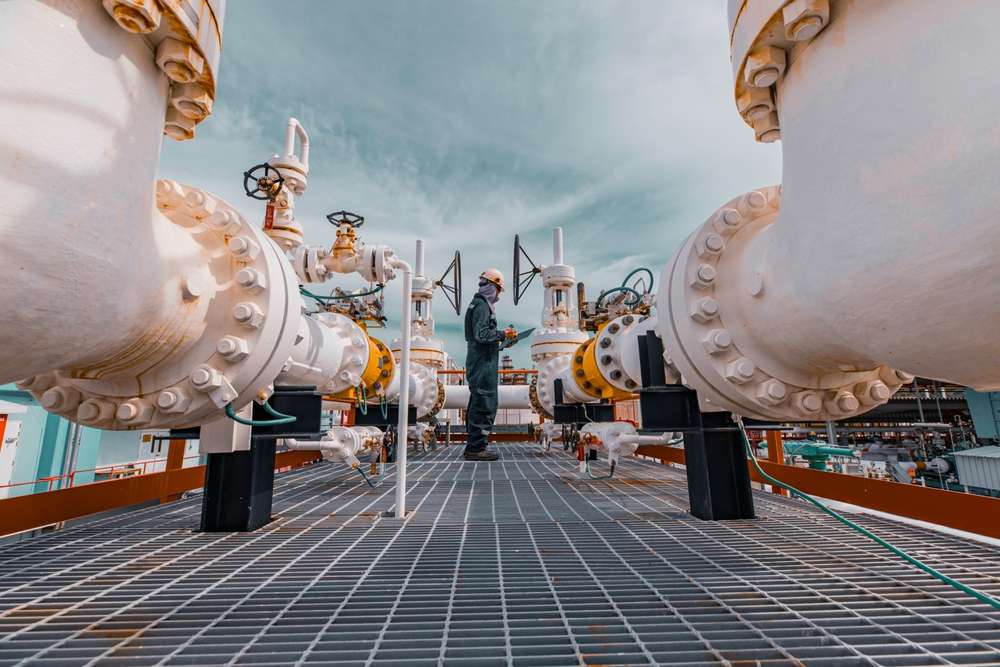Offshore Jobs: Exploring Opportunities in the Global Oil and Gas Industry
The world of offshore jobs offers a unique blend of adventure, challenge, and lucrative career prospects. These roles, primarily centered around the oil and gas industry, provide opportunities for professionals to work in some of the most dynamic and demanding environments on the planet. From oil rigs in the North Sea to floating platforms off the coast of Brazil, offshore jobs attract those seeking high-paying positions and a chance to contribute to global energy production.

What types of careers are available in the offshore industry?
The offshore industry offers a wide range of career opportunities catering to various skill sets and educational backgrounds. Some of the most common positions include:
-
Drilling engineers and technicians
-
Geologists and geophysicists
-
Mechanical and electrical engineers
-
ROV (Remotely Operated Vehicle) operators
-
Health, safety, and environment (HSE) specialists
-
Maritime crew (captains, deckhands, etc.)
-
Offshore medics and paramedics
-
Welders and fabricators
-
Catering and hospitality staff
Each role plays a crucial part in ensuring the smooth operation of offshore facilities and the safety of personnel working in these challenging environments.
What qualifications are needed for offshore oil and gas jobs?
The qualifications required for offshore oil and gas jobs vary depending on the specific role and level of responsibility. However, some common requirements include:
-
Relevant educational background (e.g., engineering, geology, marine science)
-
Industry-specific certifications (e.g., BOSIET - Basic Offshore Safety Induction and Emergency Training)
-
Physical fitness and ability to pass medical examinations
-
Safety training and certifications
-
Experience in related onshore positions
-
Strong problem-solving and teamwork skills
-
Willingness to work in remote locations for extended periods
Many offshore companies also provide on-the-job training and apprenticeship programs for entry-level positions, allowing individuals to gain the necessary skills and experience while working in the industry.
What are the advantages and challenges of working offshore?
Working offshore offers unique advantages and challenges that set it apart from traditional land-based careers:
Advantages:
-
High salaries and excellent benefits packages
-
Extended periods of time off between rotations
-
Opportunity to work with cutting-edge technology
-
Career advancement and skill development
-
Travel and exposure to different cultures
Challenges:
-
Long periods away from home and family
-
Physically demanding work in harsh environments
-
Limited personal space and privacy on offshore facilities
-
Potential safety risks associated with marine and industrial operations
-
Adaptation to shift work and irregular schedules
How does the offshore job market compare to onshore opportunities?
The offshore job market, particularly in the oil and gas industry, often offers higher salaries compared to similar onshore positions. This premium compensation reflects the demanding nature of the work, the specialized skills required, and the extended periods spent away from home. However, the offshore job market can be more volatile, influenced by global oil prices and geopolitical factors.
Onshore opportunities, while generally offering lower salaries, may provide more stability and work-life balance. The choice between offshore and onshore careers often depends on individual preferences, career goals, and personal circumstances.
What is the future outlook for offshore jobs in the oil industry?
The future of offshore jobs in the oil industry is closely tied to global energy demand, technological advancements, and environmental considerations. While the world continues to rely heavily on fossil fuels, there is a growing shift towards renewable energy sources. This transition may impact the long-term prospects of traditional offshore oil and gas jobs.
However, the offshore industry is adapting to these changes. Many companies are diversifying their operations to include offshore wind farms and other renewable energy projects. This evolution creates new opportunities for offshore workers to transition their skills to emerging sectors within the marine environment.
Additionally, technological advancements in areas such as automation, remote operations, and data analytics are reshaping the skillsets required in the offshore industry. Workers who can adapt to these changes and acquire new competencies will be well-positioned for future career opportunities in the evolving offshore job market.
In conclusion, offshore jobs continue to offer exciting and rewarding career prospects for those willing to embrace the unique challenges of working in marine environments. While the industry faces ongoing changes and challenges, the demand for skilled professionals in offshore operations remains strong. As the energy sector evolves, offshore workers who remain adaptable and open to new technologies and practices will find themselves at the forefront of an exciting and dynamic global industry.






